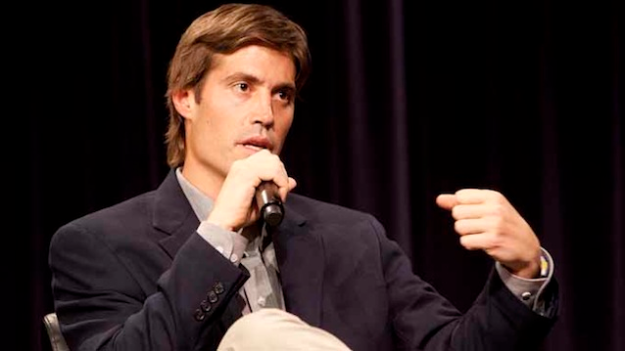
The Christian Science Monitor is going through yet another rethink. Once one of the finest newspapers in the country, the Boston-based Monitor has been shrinking for two generations. Its journalism remains world-class, but there just isn’t nearly as much of it as there used to be.
Follow my Bluesky newsfeed for additional news and commentary. And please join my Patreon for just $6 a month. You’ll receive a supporters-only newsletter every Thursday.
According to Boston Globe media reporter Aidan Ryan (sub. req.), the Monitor today has 25,000 paid subscribers and about 60 journalists, both down considerably from its peak. Under editor Christa Case Bryant, a longtime Monitor staff member, the paper — a digital pioneer back in the day — is planning to unveil an app and make more use of distribution platforms like Apple News. “What I’m trying to do is to just be true to our original founding mission, but in a way that’s adapted for 2026,” she told him. Ryan writes:
The Monitor is also seeking to double down on its founding mission “to injure no man, but to bless all mankind” and capture a broader range of perspectives in its reporting, including conservative voices that its editor said are often left out of mainstream coverage.
The changes led some staffers to take buyouts in December, and the Monitor cut several other positions, but is hiring for new roles.
I’m a longtime subscriber, and though I don’t read it every day, I appreciate its calm, optimistic approach and its embrace of solutions journalism. I wrote about a previous reinvention for CommonWealth Magazine (now CommonWealth Beacon) in 2009. It’s telling that the subhead all those years ago was “The Christian Science Monitor reinvents itself for the digital age.” Seventeen years later, if you search for Ryan’s story on Google, a teaser pops up that reads “The Christian Science Monitor tries to adapt to the digital age.”
The Monitor’s most essential product is a daily email comprising news briefs and a few stories. Monday’s newsletter covered European reaction to the occupation of Minnesota, high-tech glasses, an editorial on Kevin Warsh (Donald Trump’s nominee to chair the Federal Reserve) and a religious reflection from a Christian Science point of view — a requirement laid down by church founder Mary Baker Eddy.
The daily paper is long gone, although its website is deep and well-designed. The Monitor’s best journalism is aggregated in a weekly print newsmagazine that is sent to subscribers.
Founded in 1908, the Monitor thrived in the decades when there was no such thing as a national newspaper. The New York Times, The Wall Street Journal and The Washington Post were virtually unavailable outside their regional bases, and most city papers were abysmal. The Monitor provided a quality alternative, even if it arrived in the mail a day or two late.
The paper’s headquarters are at the Mother Church, right down the street from Northeastern. I hope this latest reinvention gives a boost to a great institution that continues to excel despite its small numbers.
Correction: Updated because my first version misspelled Christa Case Bryant’s name.






